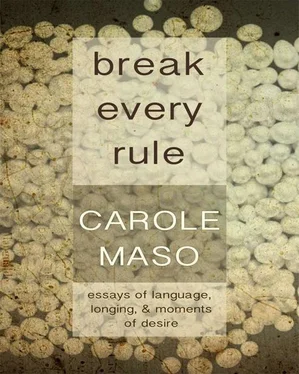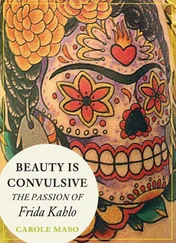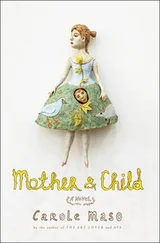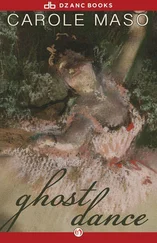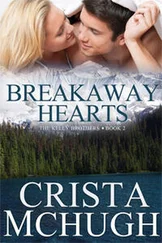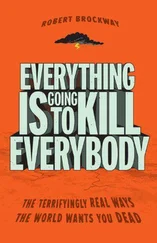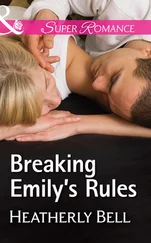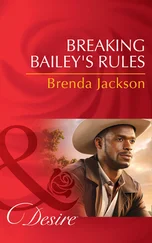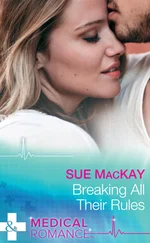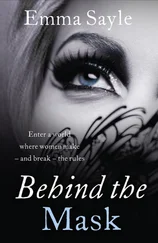An imaginative act, a design in which life is simultaneously brought up close and also viewed from afar at a more detached distance.
As in my The American Woman in The Chinese Hat , where figs, roses, butterfly, angel, fire, floating, stranger, red achieve a measure of impersonality, universality, love, dread. Inner emotion transforms the outer world into a fever dream, a hallucination where images from the exterior world are thrust into strange, glowing relief and reflect both a verisimilitude, a portrait of the outer world as we can know it, and a private, interior, symbolic reality.
This sort of work requires a strange combination of both utter control and complete recklessness.
A leaping and staying in one place at the same time. Paradoxically what is closest and most personal is also turned into the universal, outside and removed from the self. Abstract and concrete at the same time.
Characters, too, weave patterns. Voices overlap as do motifs, echoing one another, reiterating, enlarging. Many techniques are employed: call and response, rubato, counterpoint, and these strategies heighten and formalize the ordinary narrative ploys.
The Waves by Woolf to my mind being the precursor to my AVA . Symbolic qualities are felt, perceived through voice and rhythm. Whole worlds are conjured in scraps of dialogue, a turn of the head, a pause, a deletion, a last extravagance. One feels, if I’ve been at all successful, their colors, tones, pressures, their human presences.
There is compression in lyric fiction, yes, but also expansion. Elongation. The longing for clearings. An opening up of perceptions, possibilities, every time the writer or the reader sits down. And duration, and the obvious erotics of this.
How to reconcile succession of time and sequence, of cause and effect, with the instantaneous moments of the lyric?
Tarkovsky: “All must come from inner necessity, from an organic process. Any artificial move is easily detected.”
Reread Poe, Novalis.
Is the loss of self in lyrical fiction like the loss of self in poetry?
One thing is evident: the conventional psychological novel with its phony or simplistic truisms and its grasping at straws doesn’t approximate experience sufficiently.
Portraits of the mind and the moves the mind makes.
And if not the real story, then—
A girl in a striped bathing suit sits at the water’s edge. She digs deeply in the sand and from the vast beach makes shapes: an arch, a pyramid, two towers .
And if not the real story, then what the story was for me .
A feminine shape — after all this time.
Virginia Woolf in “Modern Fiction” (1919) criticizes Joyce’s Ulysses for not ever going beyond the self. And this is always my problem, too, with Joyce, and why for me he fails finally to be a great novelist.
Not to own or colonize or dominate.
The known world dissolves into feelings and groups of feelings, into music, which then might escape the dilemma, the trap of the personal.
Perversely, I find Joyce too confining.
To sing in prose, to somehow get the urgency of bone and blood and hair, entire histories, into prose.
Prose which remains lyrical in intention eschews consecutive action for other kinds of narratives. The narratives are not merely associative either; it’s rather more mysterious and elusive.
The identification of self and world transmuted into shapes.
Virginia Woolf’s “Mr. Bennett and Mrs. Brown.”
In Woolf I think more than any other writer the conventions of the novel blend most perfectly with poetic technique.
The narrative beliefs that animated and propelled with such authority writers like Jane Austen no longer hold. Writers are forced into a reexamination of what are useable forms, if they are serious writers. What forms might be opened up by our particular predicament. This is a poetic as well as a fictive concern.
Woolf writes in “How it Strikes a Contemporary” that twentieth-century writers “cannot make a world, cannot generalize. They cannot tell stories because they do not believe that stories are true.”
As we try to make meaning—
The shattered glass might mend.
— where maybe there is none .
Woolf implies that the writer may have to write notebooks rather than masterpieces. Notes instead of coherent, authoritarian, beginning-middle-and-end, thesis-and-conclusion pieces.
Virginia Woolf from The Writer’s Diary: “The idea has come to me that what I want now to do is to saturate every atom. I mean to eliminate all waste, deadness, superfluity: to give the moment whole; whatever it includes. Say that the moment is a combination of thought, sensation, the voice of the sea… It must include nonsense; fact; sordidity; but made transparent.”
The problem of course is that a sequence of illuminations is simply not enough.
A kind of liberation, a freedom, occurs by assuming the concentrating and illumination, the saturation of the moment as in poetry; and the prolonged temporal ability to stay where one’s vision is and watch it evolve, change, double back on itself, augment, amplify, come to uneasy terms, resolutions — of a sort, as extended prose is capable of doing.
A poetic unity. An ecstatic, even mystical, integrity.
What is perhaps most astounding is the typical novelist’s almost total disregard for language, as if it were only some bothersome means to an end. Some way of imparting information. And most prose called “poetic” is turgid, purplish, overwrought, self-conscious.
An intimate knowledge of the workings of language is as essential for prose writers as it is for poets. No matter what sort of fiction one writes.
The external world, facts, history, politics, manners, and the natural world shall be embraced. Also dreams, loves, fears — all aspects of the interior life.
Symphonic forms. Fugue forms. The improvisations of jazz. Montage. Jump cuts. Slow dissolves. Cubism, Cortàzar, abstraction, the troubadours, the left-handed child. Love songs.
Woolf in The Common Reader: Forget that “appalling narrative business of the realist: getting from lunch to dinner.”
Jane Austen ended forever a certain tradition. Reread Austen, Balzac, and all those you made facile enemies of back when you were struggling for a vision, for a voice. She had taken a certain kind of novel to its limits. I needed, I suppose, as a result to demonize her. Had no room for her.
We have witnessed the demise of the belief system that made Jane Austen’s confidence and coherence possible.
In Chicago, I step into a small foyer before entering the magnificent lobby. It has been designed this way so we might feel and experience the space, the grandeur. The architect understood this. The novelist could well benefit from becoming an architect in prose.
The question persists: can poetic insight ever truly be reconciled with the novel’s form? On the side of narrative — a plot of motives, time, and causality. Poetry — image and pattern.
The attempt in AVA is that narrative motifs might produce a design of images. To interweave motifs through the text by use of recurrences, repetitions, etc., which often act contrapuntally and trigger through theme, rhythm, and other mysterious methods associations in the reader as well as the writer. Often it is the act itself, the association-making process rather than the subject, that is recognizable.
My favorite literature, that which really lives for me, is always an experience in itself: a drama of language and shape and rhythms, and not just the record of an experience.
That language is feeling. That syntax is feeling. One should feel in one’s whole being the necessity and inevitability of tense, point of view, tempo, voice, etc. That where the paragraph breaks is not taken for granted. That the notion of chapter is not taken for granted.
Читать дальше
